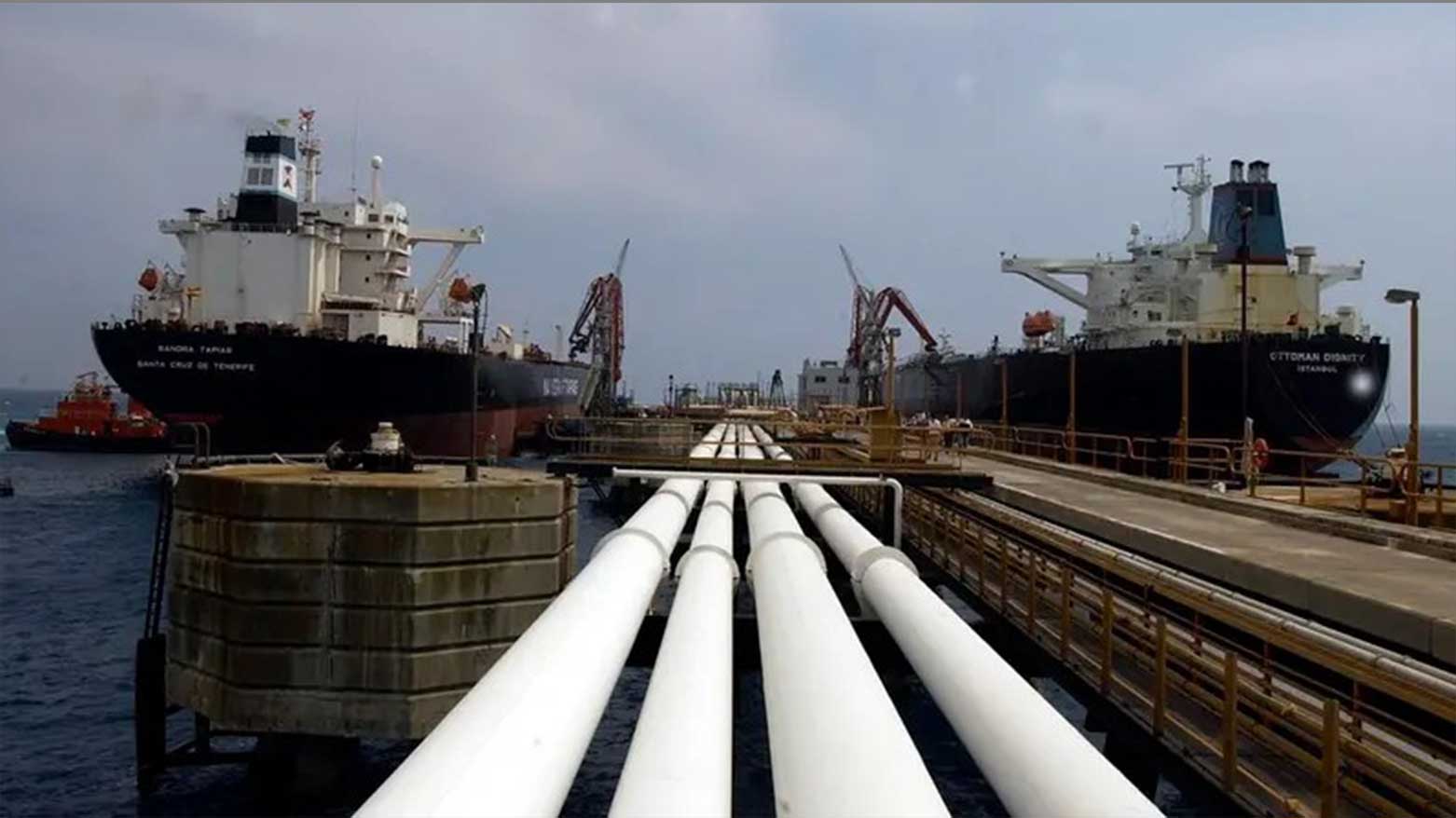Iraq-Turkey Pipeline Reopening Pressures Oil Prices, Signals Potential Market Shift
“While the pipeline’s reopening may put downward pressure on oil prices in the short term, long-term impacts will depend on Iraq’s ability to balance exports with production limits,” Mills said.

ERBIL (Kurdistan24) – Oil prices experienced volatility as news of the anticipated reopening of the Iraq-Turkey pipeline raised expectations of increased supply, despite Iraq’s ongoing commitment to OPEC+ production constraints, according to a report by Robin Mills, CEO at Qamar Energy, published in the Energy This Week newsletter on Monday
Mills noted that crude oil prices ended higher on Monday but dropped on Tuesday following reports that the Iraq-Turkey pipeline is set to resume operations. The country’s deputy oil minister, Bassem Mohammed, recently confirmed that 185,000 barrels per day (bpd) from the Kurdistan Region could be exported after domestic allocations are met. Before its closure in March 2023—following an arbitration ruling—the pipeline transported around 450,000 bpd.
“The market is reacting to the possibility of higher supplies, but Iraq is still constrained by its OPEC+ commitments,” Mills stated. He added that while the pipeline’s reopening may put downward pressure on oil prices in the short term, long-term impacts will depend on Iraq’s ability to balance exports with production limits.
Mills also highlighted the role of U.S. diplomatic efforts in pushing for the pipeline’s resumption. “Washington has been applying pressure on Baghdad to restart exports through the pipeline, which requires an agreement between the federal government and the Kurdistan Regional Government (KRG) on budget allocations and payments to international oil companies,” he explained.
Meanwhile, British Petroleum (BP) has reinforced its presence in Iraq’s energy sector by finalizing a deal to redevelop the massive Kirkuk oil fields in the country’s north. Mills pointed out that BP, part of the original consortium that discovered Kirkuk’s oil in 1927, estimates the contract area contains up to 20 billion barrels of oil equivalent. “This redevelopment could help Iraq secure a higher production quota within OPEC+,” he noted.
However, BP itself faces challenges, and Mills referenced recent discussions suggesting that a merger with Shell could strengthen the struggling British energy giant.
Iraq’s Energy Sector and Geopolitical Pressures
Iraq, OPEC’s second-largest oil producer, has long grappled with balancing its production ambitions against OPEC+ output agreements. While Baghdad seeks to increase exports to boost revenue, it remains bound by cartel-imposed limits, a tension that has led to periodic disputes.
Mills emphasized that the reopening of the Iraq-Turkey pipeline is particularly significant for the Kurdistan Region, which has faced financial strain since the shutdown.
The U.S. has been actively working to counter Iran’s influence in Iraq, particularly following President Donald Trump’s return to office. By pressuring Baghdad to resume pipeline exports, Washington aims to strengthen its economic ties with Erbil while reducing Tehran’s leverage over Iraq’s energy sector.
As Iraq navigates these complex political and economic dynamics, the coming months will be crucial in shaping the country’s energy strategy amid shifting global market conditions and geopolitical maneuvering.